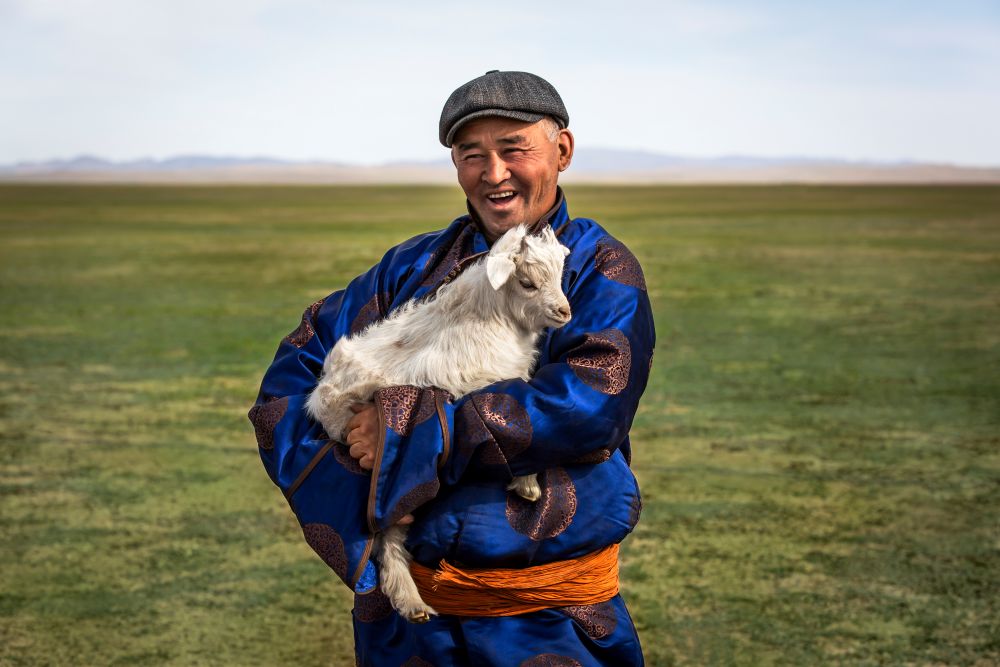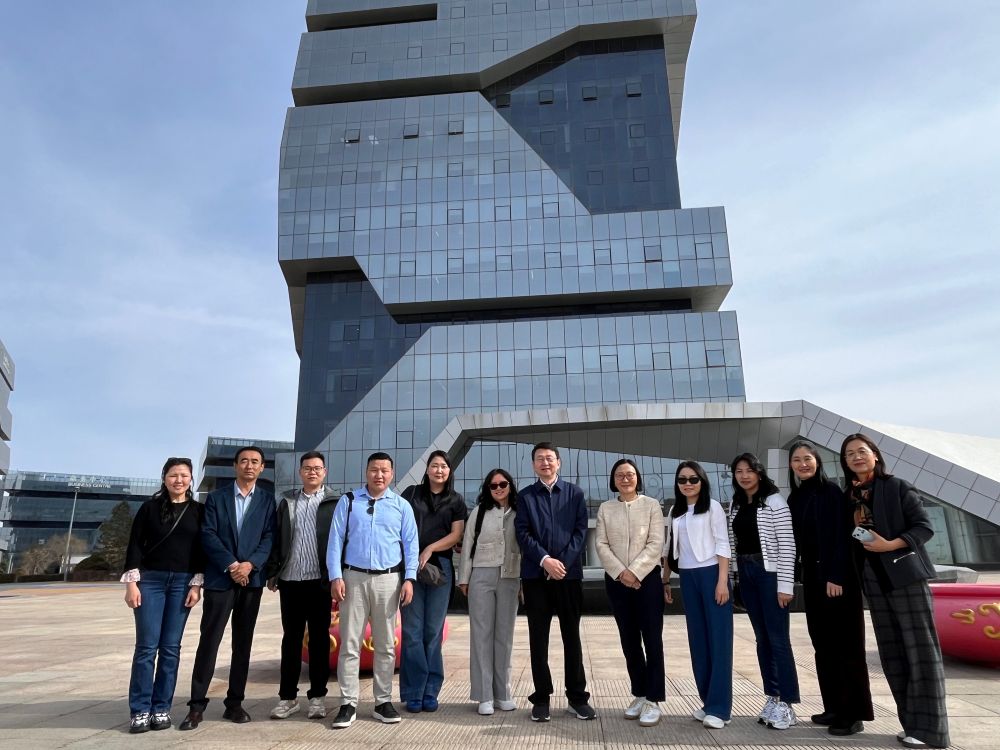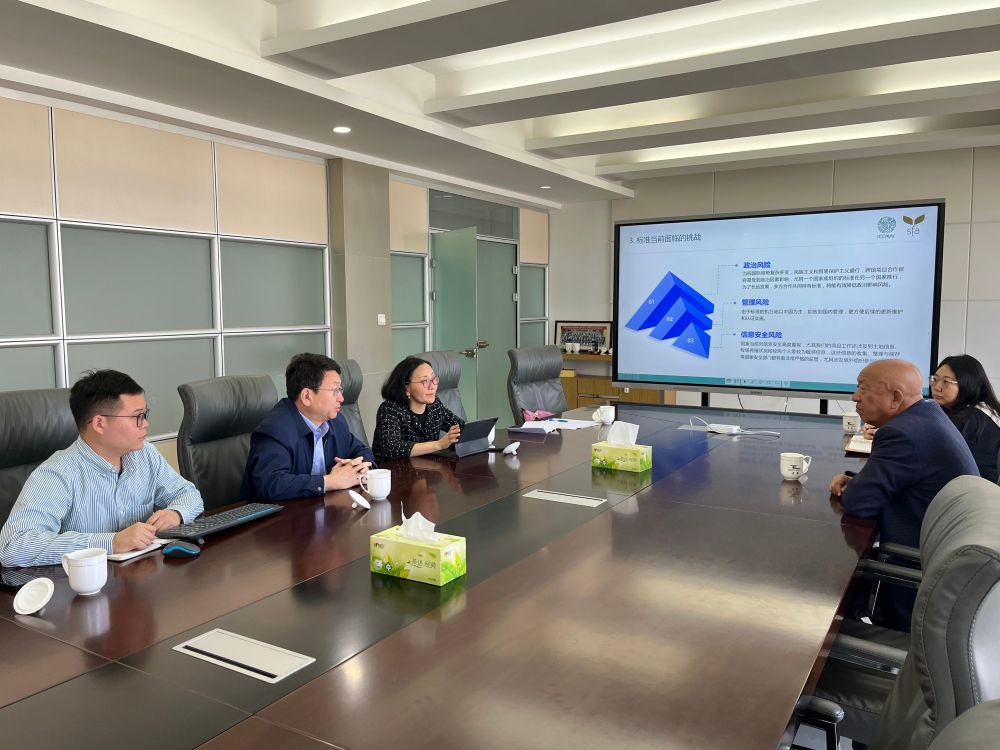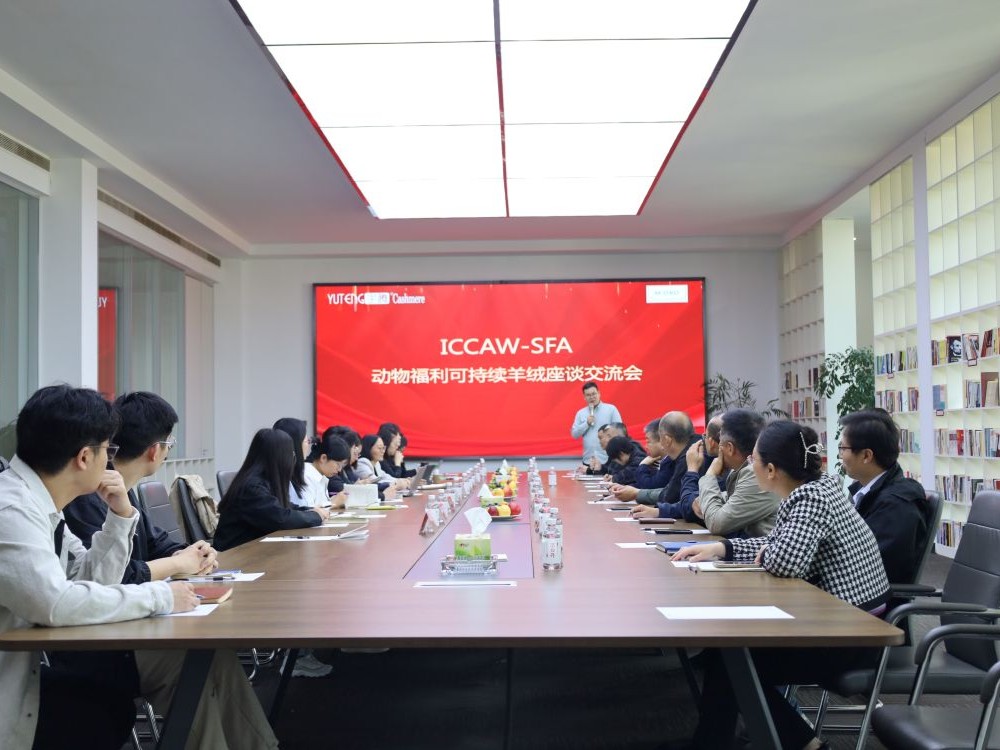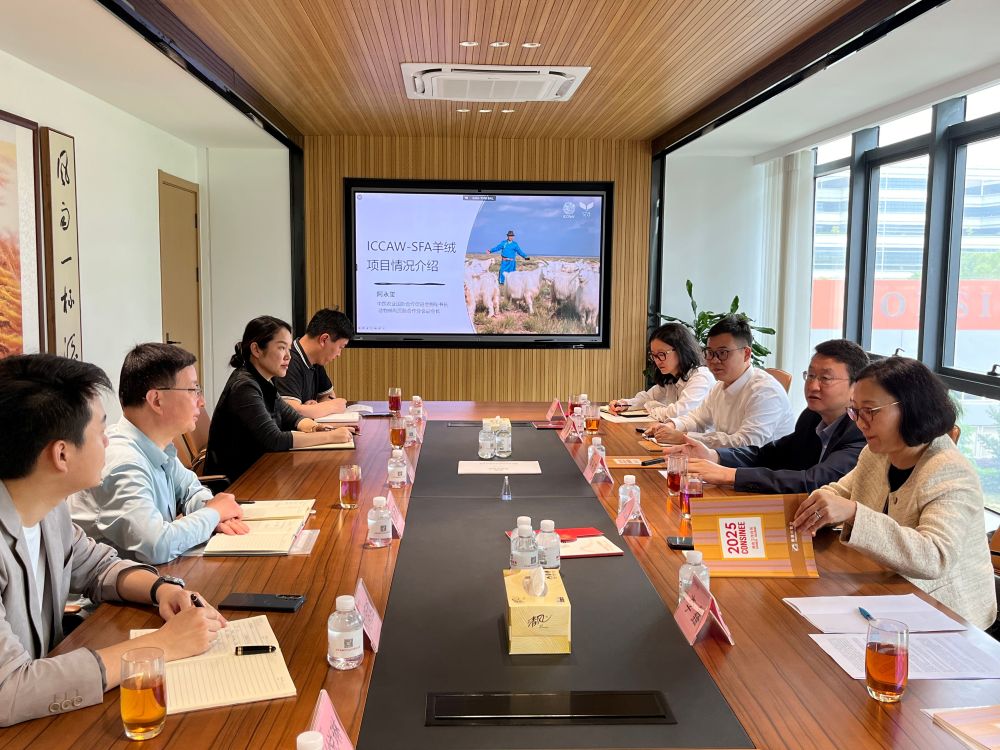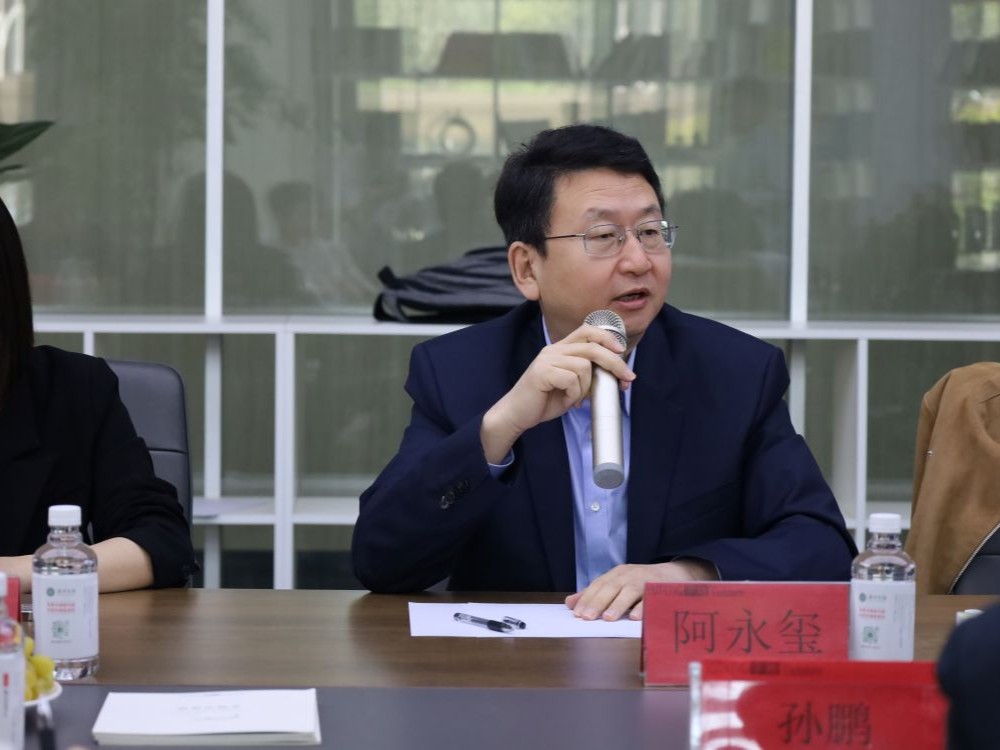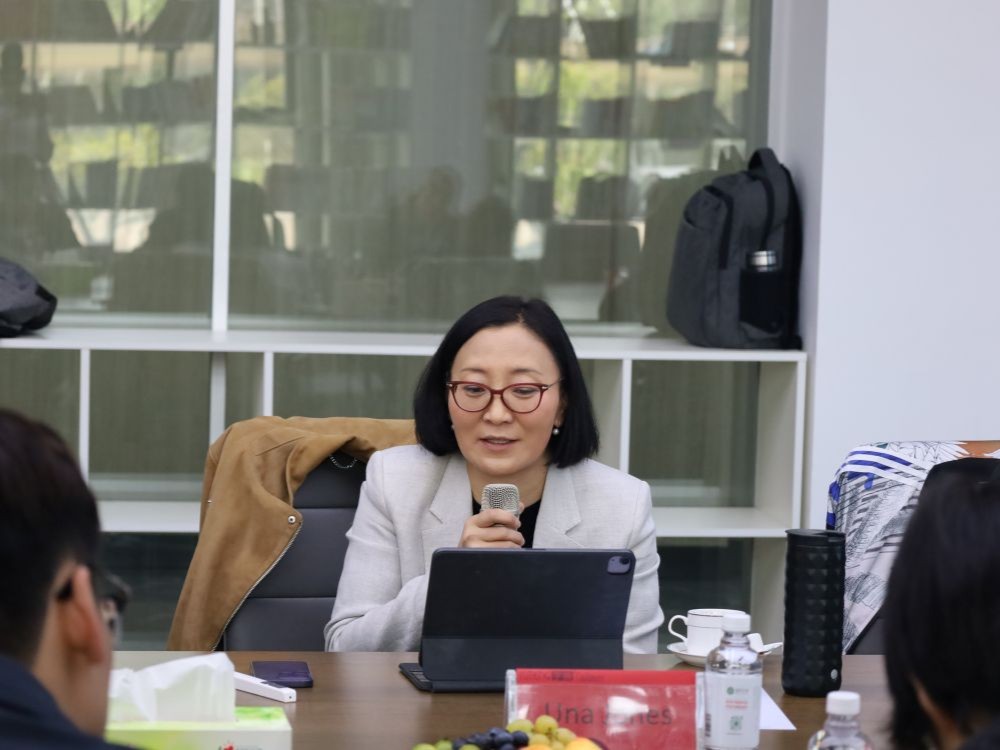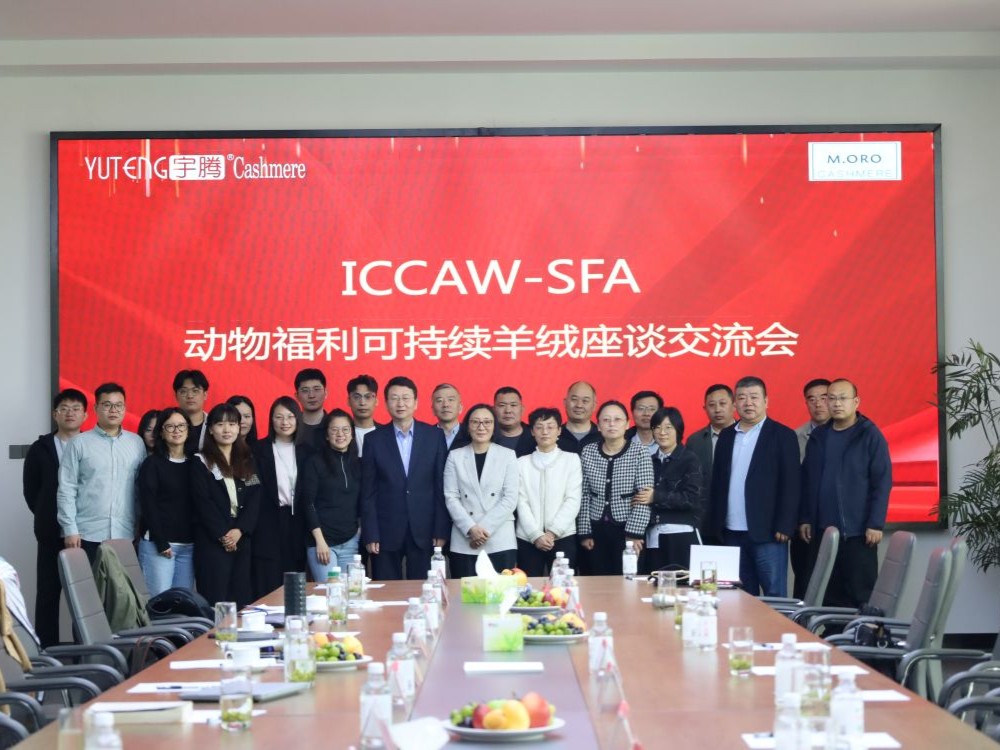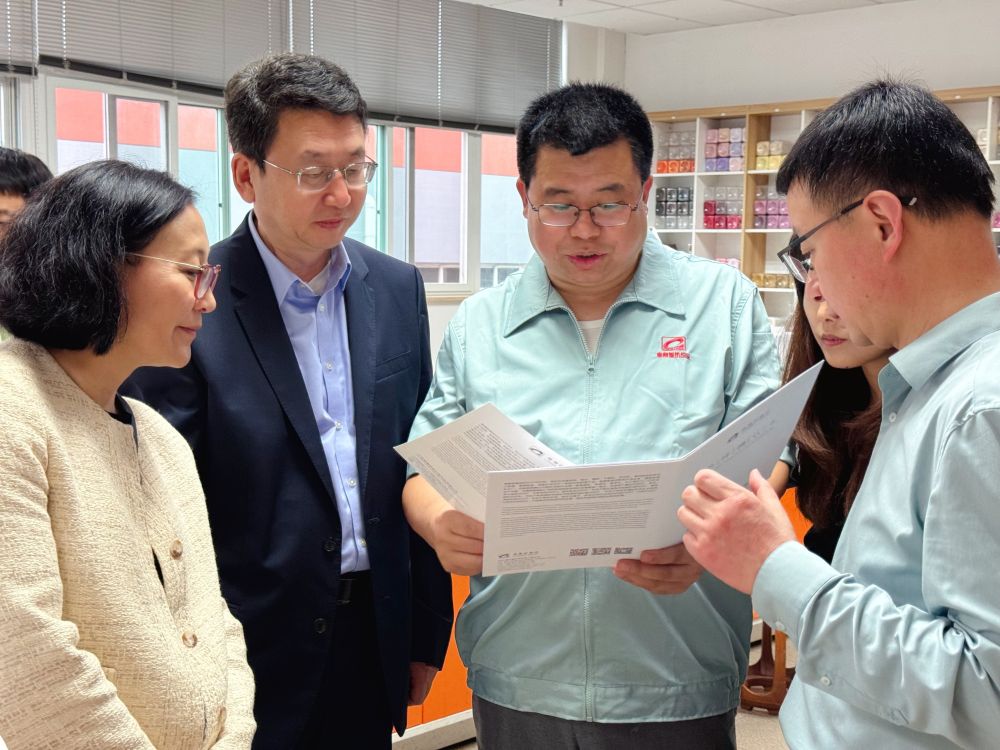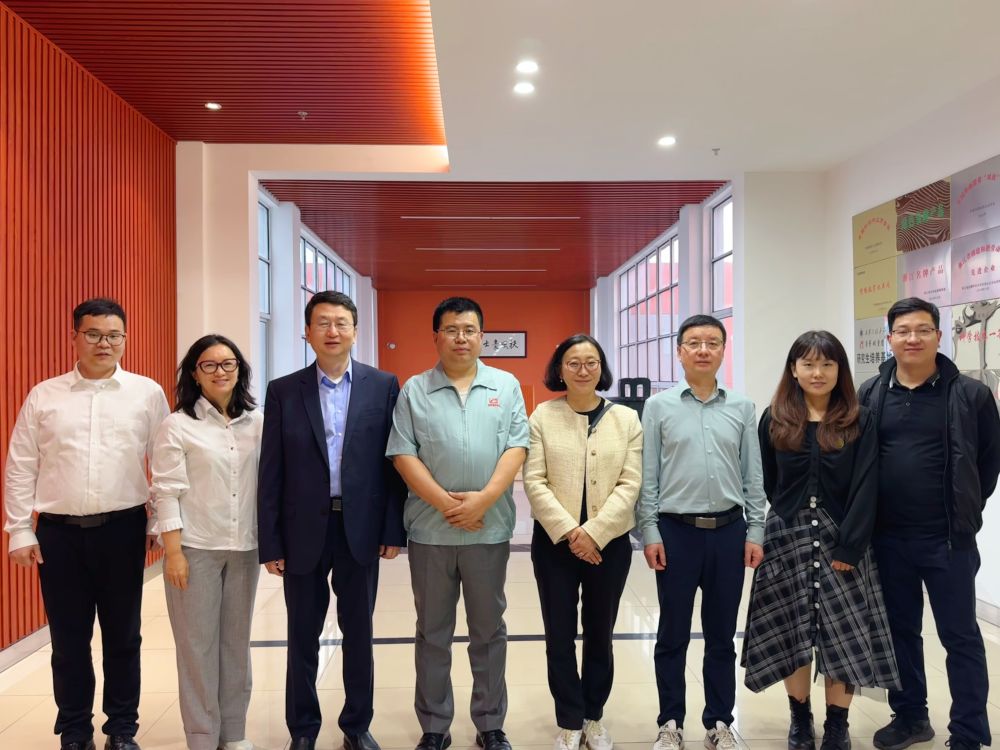MILAN, ITALY – MAY 15, 2025 – Loro Piana, Maison of the LVMH group, has announced the launch of “Resilient Threads”, a 5-year programme supporting Mongolia’s cashmere cooperatives, herding communities, and steppes of Mongolia.
This initiative is dedicated to fostering and strengthening herders’ livelihoods across five districts or soums in Mongolia’s highly vulnerable Sukhbaatar Province and aims to build supply chain resilience while protecting the biodiversity of Mongolia’s Eastern Steppe Region, one of the world’s last intact grassland ecosystems. The region is hit by heavy climate disruptions, particularly Dzud – an extreme winter disaster that prevents grazing, limits access to feed and water, and results in widespread livestock losses and serious impacts on human health.
“At Loro Piana, our commitment to preserve the ecosystems that sustain our craft is unwavering. This multi-year program will support the Mongolian communities who are vital partners to the Maison while protecting the environment. With ‘Resilient Threads,’ we aim to raise the standard of responsible cashmere sourcing, enhance the lives of herder communities in the Sukhbaatar province, protect and restore the biodiversity, contributing to the future of the entire cashmere industry in Mongolia.”
Damien Bertrand, CEO of Loro Piana
As part of Loro Piana’s longstanding commitment to biodiversity preservation and animal welfare, while empowering people, the “Resilient Threads” programme is the result of two years of preparatory work, built upon cooperatives and local herders’ expertise, in partnership with the United Nations Convention to Combat Desertification (UNCCD), the Sustainable Fibre Alliance (SFA), and the Odyssey Conservation Trust (OCT). Building on comprehensive research focused on understanding the climate-related risks, the programme aligns with Mongolia’s economic, climate, biodiversity, and equity goals: from the beginning, the project has been co-designed with the government, local partners, and herder cooperatives to assess priority needs and strategies.
“The Resilient Threads Project is strongly supported by the Minister of Environment and Climate Change of Mongolia and the local government of the Sukhbaatar province, who fully endorse its unified vision under the One Health approach – promoting systemic change for the well-being of people, animals, and the environment alike. This initiative reflects the Government’s deep commitment to preserving Mongolia’s natural heritage, empowering local communities, and ensuring the long-term sustainability of our precious steppe ecosystems in the face of the adverse impacts of climate change.”
Odontoya Saldan, Minister of Environment and Climate Change of Mongolia
The programme takes the holistic “One Health” approach as it considers the well-being and health of people, animals, and the environment as interconnected. This year, the programme will establish the first mobile “One Health Hub”, reaching remote locations with vehicles to deliver a combination of services including preventive healthcare and vaccination campaigns, trainings, and awareness initiatives on healthcare issues, aligned with the government health programmes. Furthermore, a biodiversity centre will promote rangeland health: a seeds bank will be established to protect and grow some plants that are essential for the interconnected wellbeing of environment, animals, and humans, as they combat soil erosion and act against climate change, have active principles useful for medicinal purpose, or are connected with alimentary supply chain, allowing people livelihood diversification.
“We’re thrilled to be collaborating alongside our committed Resilient Threads Project partners and the Government of Mongolia as we move forward and begin this transformative journey in the Eastern Steppe region. The initiative represents a meaningful opportunity to support cashmere herding communities, particularly in the Sukhbaatar aimag, as they navigate the growing challenges posed by climate change and future epidemics. By grounding the project in the One Health concept, we’re embracing a holistic approach that strongly aligns with herders’ traditional nutag knowledge, where the health of people, animals, and the environment are deeply interconnected. We look forward to working side by side with local communities to build livelihood resilience and secure a sustainable future for Mongolia’s cashmere sector.”
Una Jones, CEO of the SFA
This project is fully aligned with LIFE 360, the environmental LVMH Group’s strategy, which promotes responsible sourcing and the active protection of ecosystems. The Group and its Maisons are committed to avoid sourcing in areas at risk of deforestation or desertification, and to restoring 5 million hectares of natural habitats by 2030. “Resilient Threads” is a concrete expression of these commitments, built in partnership, implemented on the ground.
For more information:
- E-mail – pressoffice@loropiana.com
- Tel – (+39) 02 778021
Loro Piana is a symbol of Italian excellence, with collections that embody a distinctive style marked by tasteful elegance. Since its founding, Loro Piana has pursued and continuously redefined the goal of offering extraordinary beauty and craftsmanship to a demanding international clientele, lending equal attention to the quality of the service we provide.

